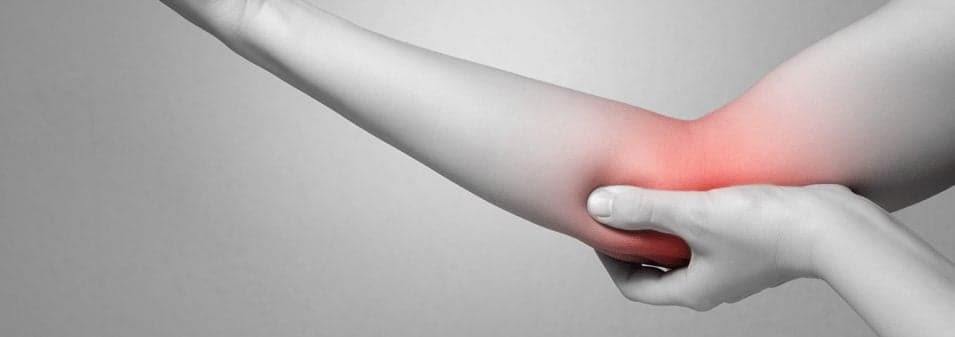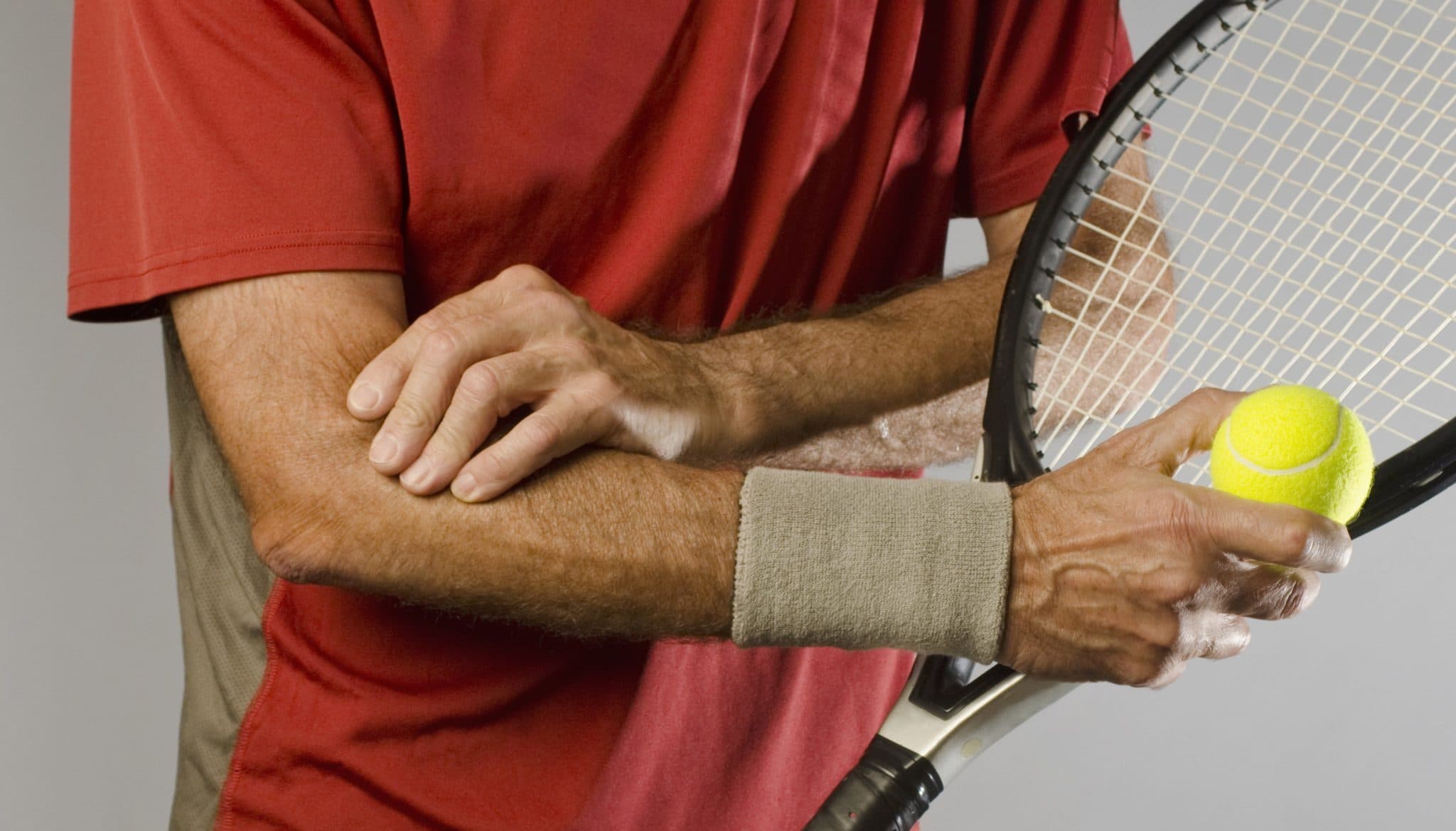
2019-10-08T14:48:04
Protecting Hands, Wrists and Elbows During Exercise
- Hand, Wrist and Elbow Center
July 29, 2016 | Hand, Wrist and Elbow Center
Specialties:Hand, Wrist, and Elbow • Orthopedics • Pain Management • Sports Fitness and Physical Therapy

You may not realize how important your hands, wrists and elbows are until you suffer an injury or condition that causes pain when doing simple tasks like picking up a fork, moving your wrist or straightening a finger. Hand, wrist and elbow issues can prevent you from going to work, participating in sports or taking care of your family. Fortunately, orthopedic specialists can recommend several treatments to resolve pain and disability and get you back in the game.
Carpal tunnel syndrome is common, affecting 3 to 6 percent of adults in the United States. This syndrome causes numbness, tingling, weakness and other symptoms in your hand. Carpal tunnel syndrome is the result of a pinched nerve in your wrist.
You should start treatment for carpal tunnel syndrome as soon as possible after you begin experiencing symptoms as prompt treatment will help improve your results. Mild symptoms respond well to frequent breaks to rest the hand, avoiding activities that cause symptoms and applying a cold pack to ease occasional swelling. Wrist splints, non-steroid anti-inflammatory drugs (NSAIDs) and corticosteroid injections may also help. Surgery by an orthopedic specialist may be necessary, however, if conservative treatments do not relieve your symptoms.
Trigger finger occurs when one of your fingers sticks in a bent position then straightens out with a snap, much like the pull and release of a trigger. Tendons attach your muscles to your bones, and special sheaths surround the tendons, allowing them to move without sticking to surrounding tissue. Trigger finger develops when inflammation narrows the space within the sheaths and traps the tendon. The sheath can release the tendon suddenly, causing your finger to straighten out.
Treatment for trigger finger depends largely on its severity. Resting your finger may resolve mild symptoms, or your doctor may recommend wearing a splint. Over-the-counter pain relievers or steroid injections can also alleviate discomfort and provide temporary relief. If your finger is stuck in a bent position, your orthopedic specialist may recommend surgery to prevent permanent damage. Surgery for trigger finger focuses on releasing the tendon and widening the sheath, allowing the tendon to move freely.
Ganglion cysts are the most common lump or mass in the hand, according to the American Academy of Orthopedic Surgeons (AAOS). They can occur anywhere but develop most often in the wrist. Lumps develop and disappear quickly. Fortunately, these non-cancerous lumps are usually harmless.
Doctors usually recommend waiting and watching the cysts for unusual changes. If a ganglion cyst causes a significant amount of pain or interferes with activities of daily living, an orthopedic specialist may perform an aspiration to drain fluid from the lump.
There are several types of arthritis and each affects joints in different ways. Osteoarthritis breaks down the slippery cartilage protecting the ends of your bones where they form a joint, while rheumatoid arthritis attacks the lining of your joints.
Your orthopedic specialist may recommend medication to ease pain, reduce swelling, improve motion and address other symptoms of arthritis in the wrist. NSAIDs, for example, relieve pain and ease inflammation. Corticosteroids relieve inflammation too. Other osteoarthritis medications are also available to slow bone loss or help your body build new bone.
Tennis elbow occurs when you overuse your elbow. Playing racquet sports like tennis can cause tennis elbow, but playing other sports can lead to the condition also. Tennis elbow occurs as the result of inflammation of the tendons joining your forearm muscles to the bones on the outside of your elbow. Orthopedic specialists recommend rest, NSAIDs, physical therapy, steroid injections and the use of braces to ease symptoms of tennis elbow. Surgery may be necessary if 6 to 12 months of conservative measures do not ease symptoms.
Like tennis elbow, golfer’s elbow is an overuse injury that causes inflammation and tenderness of tendons in your elbow. Unlike tennis elbow, however, golfer’s elbow causes pain at the inside of your elbow. Orthopedic specialists recommend rest, NSAIDs, stretching and strengthening exercises, and the use of a splint to support your elbow. Corticosteroid injections may also provide temporary relief.
For more information on common hand, wrist and elbow injuries, contact Revere Health Orthopedics. Our orthopedic specialists care for you and your family using the same state-of-the-art techniques as we do with Olympic and BYU athletes.
WRITTEN BY:
The Live Better Team

2019-10-08T14:48:04

2019-03-06T13:32:57

2017-11-16T11:55:09

2016-09-05T10:31:18
This information is not intended to replace the advice of a medical professional. You should always consult your doctor before making decisions about your health.